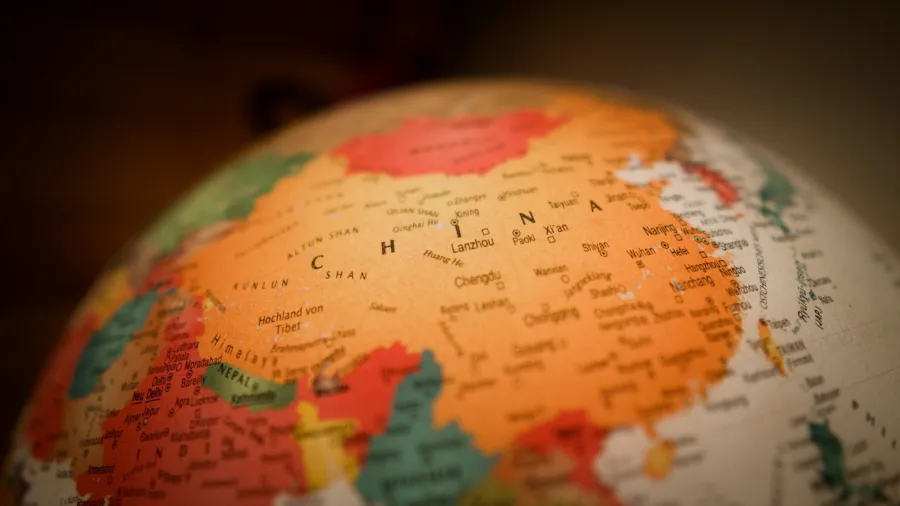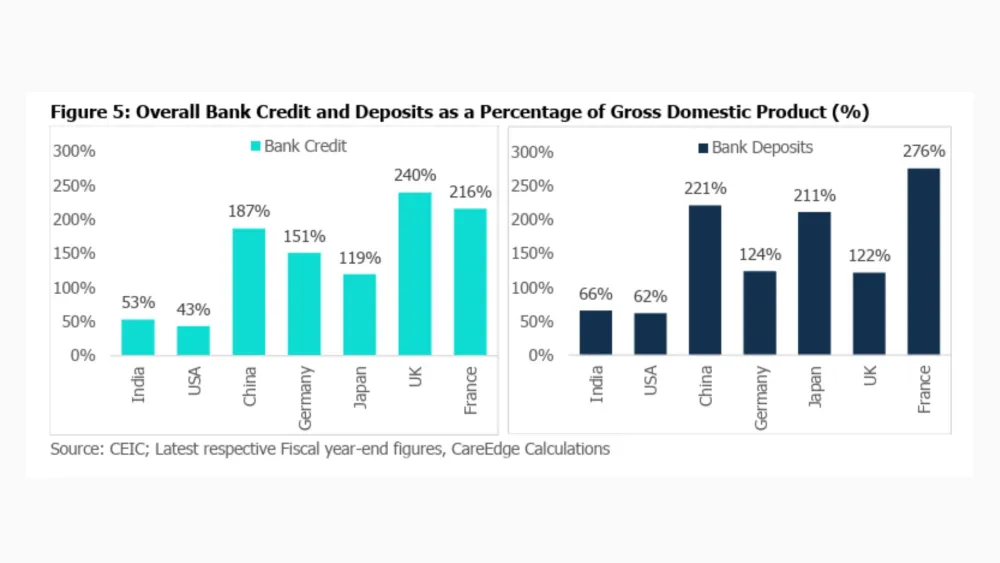
China’s interest subsidies unlikely to boost credit demand: BofA
Loan growth for household loans and corporate loans were lower in August than a year earlier.
China’s interest subsidies for personal and service business loans are unlikely to lift overall credit demand meaningfully, according to Bank of America (BofA) Global Research.
Chinese renminbi (RMB) loan growth was weak in August, coming at just $82.81b (RMB590b) compared to consensus expectations of $98.25b (RMB700b), it said. New lending to household and corporations remained weak during the month.
The total loan growth was also “significantly lower” than prior August readings. In 2024, loans grew by $126.32b (RMB900b), and by $190.88b (RMB1.36t) in 2023.
“Today's data reaffirms the weakness in overall credit demand for both households and corporates amid tepid domestic momentum and elevated external uncertainties,” BofA Global Research wrote in a 12 September 2025 report.
Policymakers have announced interest subsidies for personal consumption and service business loans, effective 1 September 2025.
“We remain skeptical that this program would have a meaningful lift to overall credit demand but will closely watch the September short-term household loan data for any potential progress,” BofA Global Research said.
Household loans increased by just $4.21b (RMB30b) in August 2025, compared to the $26.67b (RMB190b) growth in August 2024. This figure shows weakness in both long-term and short-term loans, according to BofA Global Research.
MLT household loans, consisting mostly of mortgages, were at just RMB20b in the month— compared to $16.84b (RMB120b) in August 2024. This points to a still-weak property market, the report said.
Corporate loans rose by $82.81b (RMB590b) over the same period, compared to an RMB840b in new loans disbursed last August 2024.
Long-term corporate loans notably rose by $65.97b (RMB470b), lower than the $68.77b (RMB490b) a year earlier.
(US$1 = RMB7.12; as of 15 September 2025, Morningstar)



















 Advertise
Advertise











